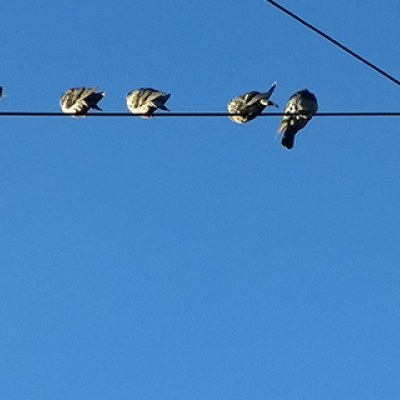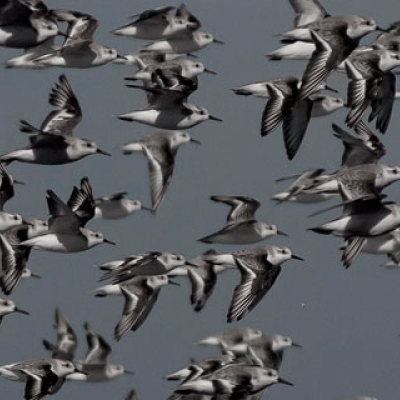
'Modern Poisons' and how to write a book about science for non-scientists
By Erica Brockmeier / On July 11th, 2016
At the SETAC meeting last autumn in Salt Lake City, I had a chance to catch up with my undergrad thesis advisor Dr. Alan Kolok. I spoke with him over the phone this winter about his project of writing Modern Poisons and his perspectives on undertaking the endeavor of translating toxicology for a lay audience.

